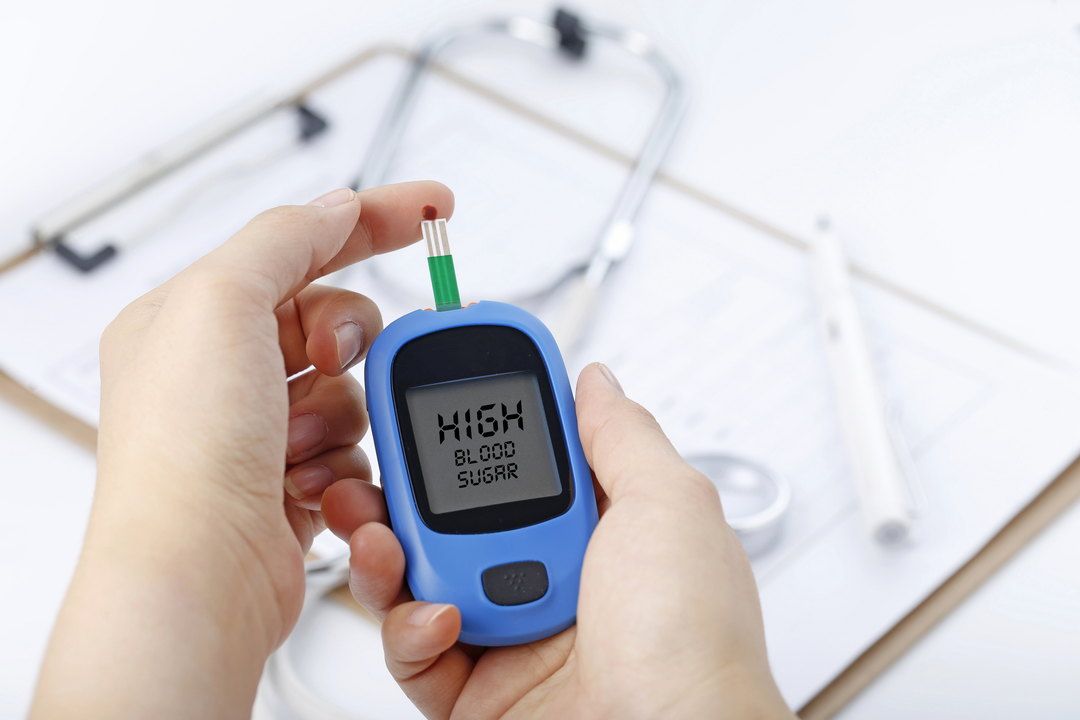3 Hormones That Impact Your Weight

Insulin

This is the hormone responsible for removing the excess blood sugar from the bloodstream. It signals the cells in your skeletal muscles tissues to open up and store or use the blood sugar in the form of glucose.
Total sugar in your blood amounts to 1-2 teaspoons of sugar [1] while an average american consumes around 17 teaspoons of sugar daily[2].
Insulin hormone is working so hard and doing a great job of reducing this excess blood sugar. If it does not, you’d end up with a lot of inflammation in your arteries.
That said, there is a price for overusing this hormone to regulate blood sugar. When insulin spikes in your body, you will not be burning fat. Because the insulin is a fat sparing hormone. It is clear that our body is trying to get rid of glucose. This process creates a vicious cycle, and you may never burn fat due to frequent insulin spikes.
Your insulin will spike whenever you eat something. However, you can control the frequency and the magnitude of these spikes:
- Magnitude: By reducing carbs your insulin levels will elevate much less compared to standard american diet. It will also get back to normal levels much faster.
- Frequency: By skipping meals or eating in a restricted window you will be able to reduce your insulin spikes. Intermittent fasting is a great solution to reduce the frequency of insulin spikes.
Ways to manage insulin level:
- Low carb diet
- Intermittent fasting
- Consume the foods rich in the followings or take them as supplements:
* Apple cider vinegar
* Cinnamon
* Vitamin D
* Potassium
* Vitamin B1
* Chromium
Cortisol

This is the primary stress hormone. In a fight-or-flight situation it suppresses nonessential functions in your body. It increases the blood sugar level to help the brain get more glucose. While it is useful for short-term acute stress, it becomes damaging when the stress becomes long-term chronic stress. While this hormone is elevated, your body will not be able to burn fat as sugar/carbs are prioritized. [3]
Ways to lower cortisol:
- Good quality sleep
- Walking
- Sun light exposure or vitamin D
- Breathing exercises
- Staying away from toxic people
Leptin

Leptin is a hormone responsible for signaling to the brain that you have enough energy stored in the form of fat, you can stop eating and start making energy out of stored food.
Leptin is produced by white fat cells. Over-signalling of leptin can cause leptin resistance in your body. This makes your brain think you still need more food. [4]
In the case of leptin resistance, your brain decreases your energy levels and makes you use fewer calories at rest; thus causing obesity. Being obese and feeling constantly hungry even after a meal are the main symptoms of leptin resistance. [5]
Ways to manage leptin level:
- Stopping eating/snacking 3 hours before you sleep
- Avoiding binge eating
- Intermittent fasting
References:
1. https://www.ncbi.nlm.nih.gov/pmc/articles/PMC2636990/
2. https://www.cdc.gov/nutrition/data-statistics/added-sugars.html
3. https://my.clevelandclinic.org/health/articles/22187-cortisol
4. https://www.endocrineweb.com/news/63844-how-hunger-hormones-control-weight-loss
5. https://my.clevelandclinic.org/health/articles/22446-leptin